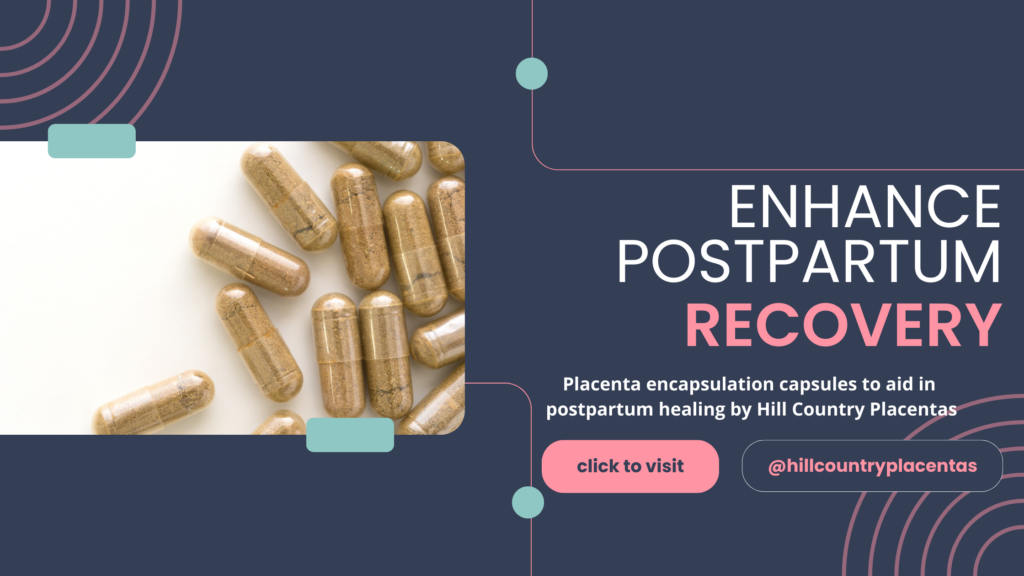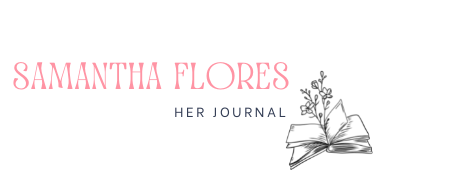We may earn money or products from the companies mentioned in this post.
I have had three babies and I consumed two of the three placentas. My first baby was a hospital birth, so they just took the placenta away and I didn’t know any better to ask for it then. I learned the second time and continued with my third baby. I had my placenta encapsulated so I could take the capsules daily. As gross as many people believe this is, the placenta helps you heal postpartum.
I share my story about consuming my placentas so you know I have the experience to back up this post. While there aren’t any official medical studies available to show how beneficial the placenta is (because men run the research labs so why would they research anything that would benefit women?), consuming the placenta isn’t a new thing. Women have been doing it for generations and even animals do it. Clearly, there are benefits.

But, I have to put this out there to protect myself: *I am not a medical professional. Please consult your healthcare provider about consuming your placenta.* Now, let’s dive into what the placenta is and how the placenta helps you heal postpartum!
Related: Postpartum Resources: How to Help Yourself Heal
What is the Placenta?
The placenta is an organ that forms in your body upon pregnancy. It grows and develops as your baby grows in the womb. The placenta is made up of DNA from both the mother and the father. It is the only organ in a woman’s body that is considered a “temporary organ.”
The placenta is the life source of a growing fetus. It provides oxygen and nutrients to the baby by way of the umbilical cord. It also produces hormones that help sustain the pregnancy. After pregnancy, it is no longer needed and therefore is birthed after the baby is born. The placenta is a truly unique and remarkable organ that doesn’t get the credit it deserves.

How the Placenta Helps You Heal Postpartum
Now that you know how critical the placenta is in pregnancy, it’s time to understand its benefits after birth. Read on to discover six ways your placenta helps you heal postpartum.
Replenishes Nutrients
The placenta is rich in vitamins, minerals, and other nutrients. You are the most nutrient-depleted you will ever be in your life after birth. It can take months postpartum (even years for some) for the nutrients to replenish in your body. Therefore, consuming the placenta can help give you back some of those nutrients you have lost after pregnancy.
Related: Postpartum Nutrition: What Mothers Need After Giving Birth
Ease Afterbirth Bleeding
One of the ways the placenta helps you heal postpartum is by easing afterbirth bleeding. The placenta has natural clotting factors, which can decrease afterbirth bleeding.
Balances Hormones
The placenta contains hormones like oxytocin, progesterone, and estrogen. After birth, your body becomes depleted of these hormones and won’t typically balance out until around six months postpartum or when you stop breastfeeding. Therefore, consuming the placenta can help replenish some of those hormones.
Prevent Postpartum Depression
The placenta helps you heal postpartum by potentially preventing postpartum depression (PPD). PPD has been linked to anemia (low iron). The placenta contains high levels of iron that can be beneficial to consume. In addition, the hormones it contains are linked to boosting your mood, which helps combat postpartum depression.
Related: The Fourth Trimester: A Postpartum Depression Guide

Boost Breastmilk Supply
Oxytocin and prolactin help boost the milk supply in breastfeeding mothers. The placenta is rich in both of these hormones and can therefore help increase your supply if you consume the placenta.
Improve Mood and Energy
Because the placenta has many of the hormones that you need to regulate your mood, this can potentially decrease your mood swings and even boost your energy. This is one of the best ways the placenta helps you heal postpartum.
Other Questions Mothers are Asking About the Placenta
If you are interested in learning more about the placenta, take a look at the questions others are asking below. You may be surprised at some of the answers.
What are the healing effects of the placenta?
The placenta has many healing properties that make it such a profound and interesting organ. Healing effects of the placenta include reduced pain and inflammation, and encouraging tissue regrowth. Again, additional research is needed to confirm these statements.
Related: How to Prepare for Postpartum While Pregnant: 6 Things To Do

Does the placenta have collagen?
The placenta is abundant in collagen. Consuming the placenta could help boost collagen in your body, which is beneficial for your skin.
Is it free to keep your placenta after birth?
In general, it is free to keep your placenta after birth. You will need to confirm with the facility where you give birth for any policies about placenta retrieval. You have the right to request for your placenta to be saved after birth.
How do you consume the placenta?
There are many ways a placenta can be consumed. You can choose to encapsulate your placenta, which involves dehydrating the organ and packing it into individual capsules. The size of your placenta will determine how many capsules you get. You will need to look for a business specializing in placenta encapsulation to do this for you.
In addition, some mothers choose to eat it raw or blend it up into smoothies. It is your choice how you wish to consume your placenta.
Related: Things that Happen Postpartum that Aren’t Talked About Enough
The Placenta is Remarkable
There is no doubt that the placenta is an amazing part of the body. While it is considered only a temporary organ, it provides life-sustaining capabilities to your baby and potential healing benefits to you after birth. It sounds wasteful to just throw it away in the trash once your baby is born.
Growing and birthing a human being is no easy feat. You need to replenish your body’s nutrients and give it the best fighting chance. The placenta helps you heal postpartum and should be something that is considered for more scientific studies. Who knows just how much more this magical organ can do and what additional benefits that could be found!



